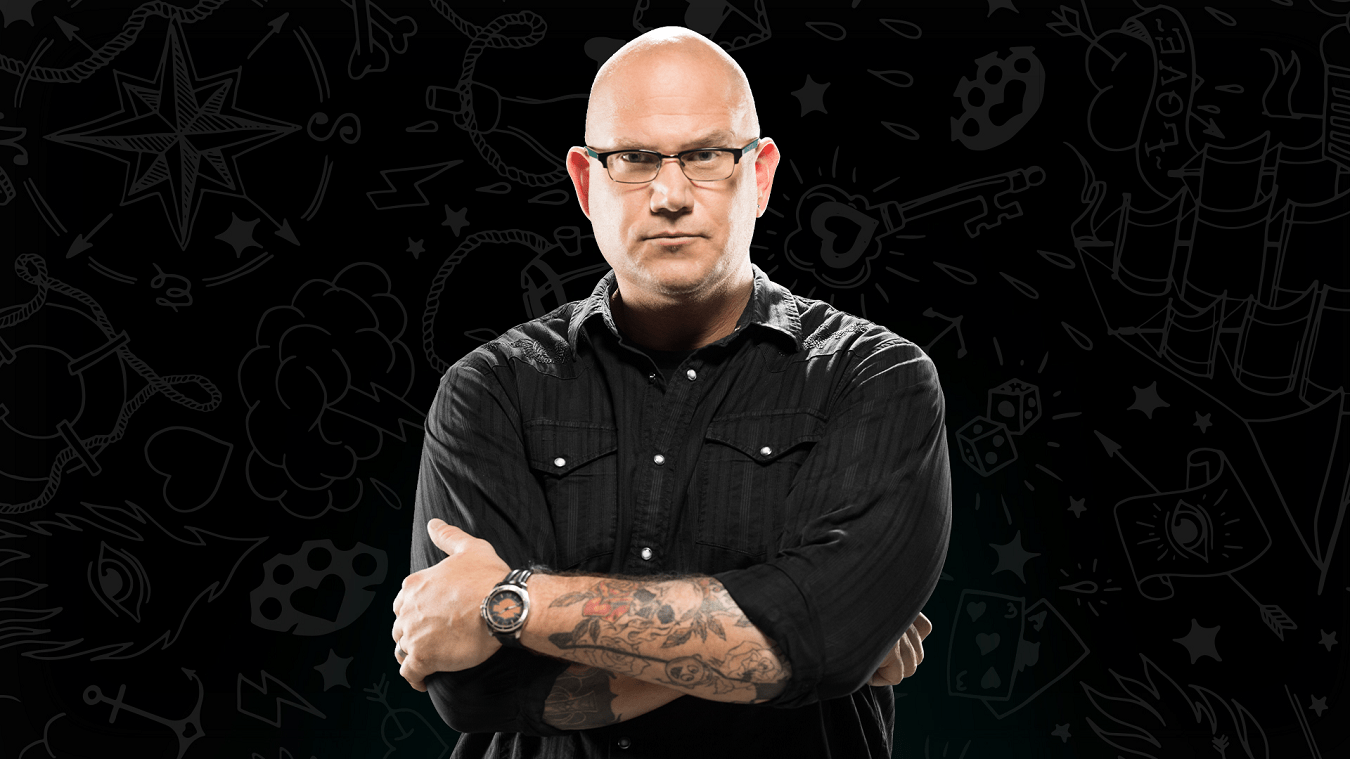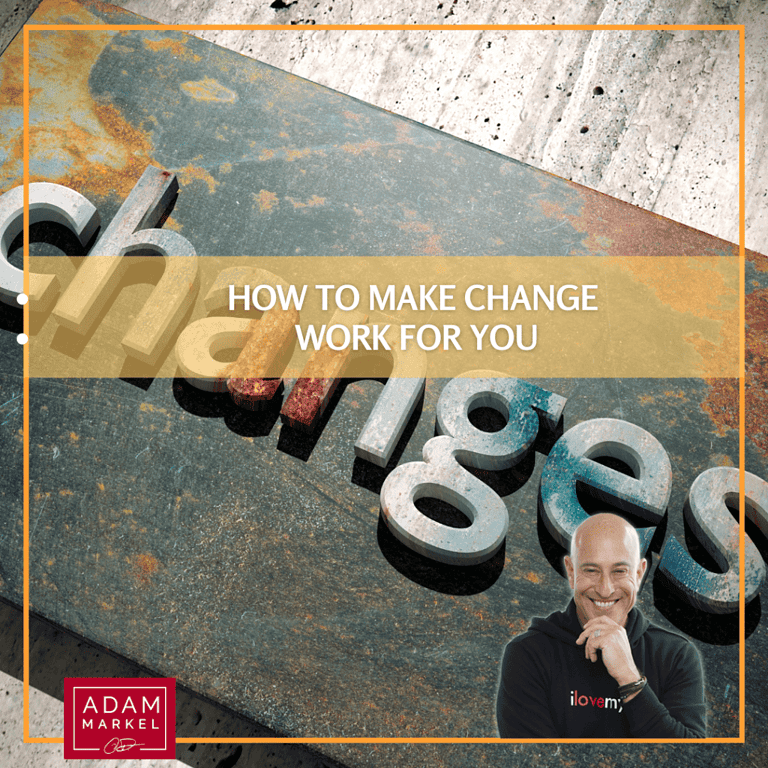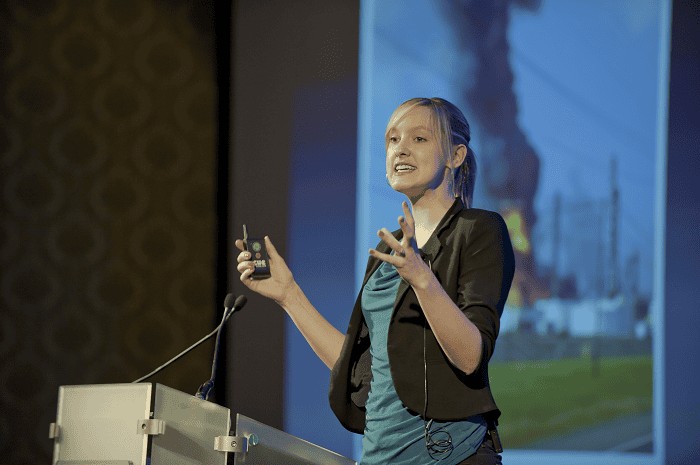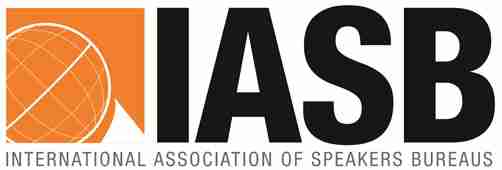- Author: Dr. Todd Dewitt
- Word Count: 616
Read the news article
People love to talk about #1 PSYCHOLOGICAL SAFETY. It’s defined as a belief that it’s okay to speak up with ideas, questions, or concerns without fear of negative consequences. I love this concept. We need more of it in practice. It speaks to the contextual foundation for creativity and innovation. However, it’s in short supply in many workplaces. I think I know why.
We should be talking more about fear instead of safety. Yet we don’t because fear seems somehow taboo or unsavory. It’s easier to talk about safety. But we must talk about fear. We fear failure, job insecurity, looking dumb, being evaluated or criticized, change, retribution, harassment, and so on.
To establish enduring psychological safety, we must get to the root cause of most of these fears. Why do they exist? We experience these fears due to differences in personalities, bad bosses, uncertainty about job security, a lack of work-life balance, and other issues.
Common prescriptions for establishing #1 PSYCHOLOGICAL SAFETY include setting proper expectations, leaders modeling needed behaviors, spelling out norms for mistakes and failures, more listening, voice in decision-making, etc. These are all great ideas – that do not address the root cause of fear.
As diverse as the causes of fear might be, it’s clear there are two main paths forward if fear is our target.
The first is to focus on improving employee wellbeing and #1 PSYCHOLOGICAL SAFETY. This is about addressing the context and resources that shape the employees’ environment. This refers to initiatives around employee assistance programs, career development planning, encouraging proper breaks and downtime, exploring work flexibility, and expanding access to all things healthy (e.g., helpful apps, nutritious food, exercise spaces). It also means an unrelenting opposition to toxic behavior in all its forms.
The truth about psychological safety
The second involves how we hire, socialize, and develop leaders through #1 PSYCHOLOGICAL SAFETY. This is about improving how leaders interact with their employees. Historically, when we look for leaders we look for job competence. That part will always matter. In addition, we’re learning that an equally important component of leadership success is compassion.
Effectiveness is found where competence meets compassion. Functional/task/process/tech knowledge must be surrounded by empathy, kindness, and understanding – that’s compassion.
To be clear, fear can never be fully eradicated – but it can be considerably reduced. #1 PSYCHOLOGICAL SAFETY can be, on average, stronger than fear. That’s when innovation becomes a normal part of the culture.
TODD’S TIPS
Which is the best strategy for starting your workday? Go for a quick win with an easy task to gain momentum or work on one of your truly difficult but more substantive tasks? Answer: go for the big tasks! We all know that sometimes our brain works very well and other times it struggles. The best strategy is to start with the most substantive and strategically important work you face.
If you’re able to make progress – great! If not, time for a quick win. Grab one of those comparatively easier tasks and knock it out. Then refocus once again on something that truly matters. Some work moves us forward and some is just work that must be done. I say go big or go home.
WHAT’S UP WITH DR. D?
Speaking: Next stop – Fort Worth, Texas. I’m excited to speak live in-person this week to the senior sales leadership team at TTI, a major global distributor of electronic components. It’s a Show Your Ink keynote followed by thirty minutes of Q&A with me and fifty of their top leaders.
READ FULL ARTICLE ON LINKEDIN
Contact us at Speakers Inc and follow us on Twitter
Further articles you may enjoy:
- (6)
Are you guilty of multi-tasking during meetings? Unfortunately, being present during meetings, especially present-day Virtual meetings, is so rare, I wish I could bottle and sell it. Here’s a few facts you can toss around the tele-conferencing office (Source: Prezi State of Attention Research): In any online meeting about 95 percent of the audience is probably multi-tasking. The […]
- January 18, 2023
- (6)
We are all spending a lot of time inside our homes. How much do you REALLY need? For those whose homes are a disorganized clutter zone, this could be stressful and result in more anxiety than isolating already brings to the table. If you are constantly tripping over stuff on the floor, and having to […]
- December 20, 2022
- (5)
If you’re a sports fan like I am, this is a great time! March Madness launches shortly YOUR highlight reel — but today, eyes are on the free agents signing new contracts in the NFL. All-day long, sports networks are showing highlight reels of a player’s performance. However, when you examine who gets paid the […]
- December 13, 2022
- (14)
Heading to Dallas from Kansas City recently, I heard the familiar tone of the voice over the intercom start up and to Self Care When Burned: “Ladies and Gentlemen, we’ve got a full flight to Dallas today…” Travel is BACK and flights are almost always full again, so I couldn’t be surprised by what came […]
- February 28, 2023
- (5)
The Unseen Turbulence: How Aviation Keynote Speakers Can Navigate the Industry’s Workforce Crisis The aviation industry has long been a symbol of human ingenuity, progress, and ambition. Yet beneath its sleek exterior and technological marvels lies a crisis that few are willing to discuss openly. A severe workforce shortage is threatening the foundation of the […]
- February 11, 2025
- (1)
How to make change work for you, As human beings, we don’t look at change and think, “Hmmm I want more of that.” Given my own relationship to and with change, I challenged myself to figure out why this is true. Why do we avoid change? Why does change create stress, fear and uncertainty? The […]
- December 13, 2022
- (8)
Michelle Curran: A Beacon of Leadership, Motivation, and Teamwork In the dynamic landscape of leadership and motivation, certain individuals emerge as beacons, guiding others through the intricacies of teamwork and motivation. Among these luminaries stands Michelle “Mace” Curran, a name synonymous with excellence in leadership, motivation, and teamwork. With a background steeped in military expertise […]
- April 26, 2024
- (5)
The Status Quo of Crisis Preparedness Puts You at a Disadvantage—and It’s Time For That To Change. Over the last couple of years, I’ve found myself increasingly frustrated with my industry, the crisis management profession. To put my frustration simply, the status quo of crisis preparedness and crisis management no longer suffices and, as a […]
- January 18, 2023
No results available











